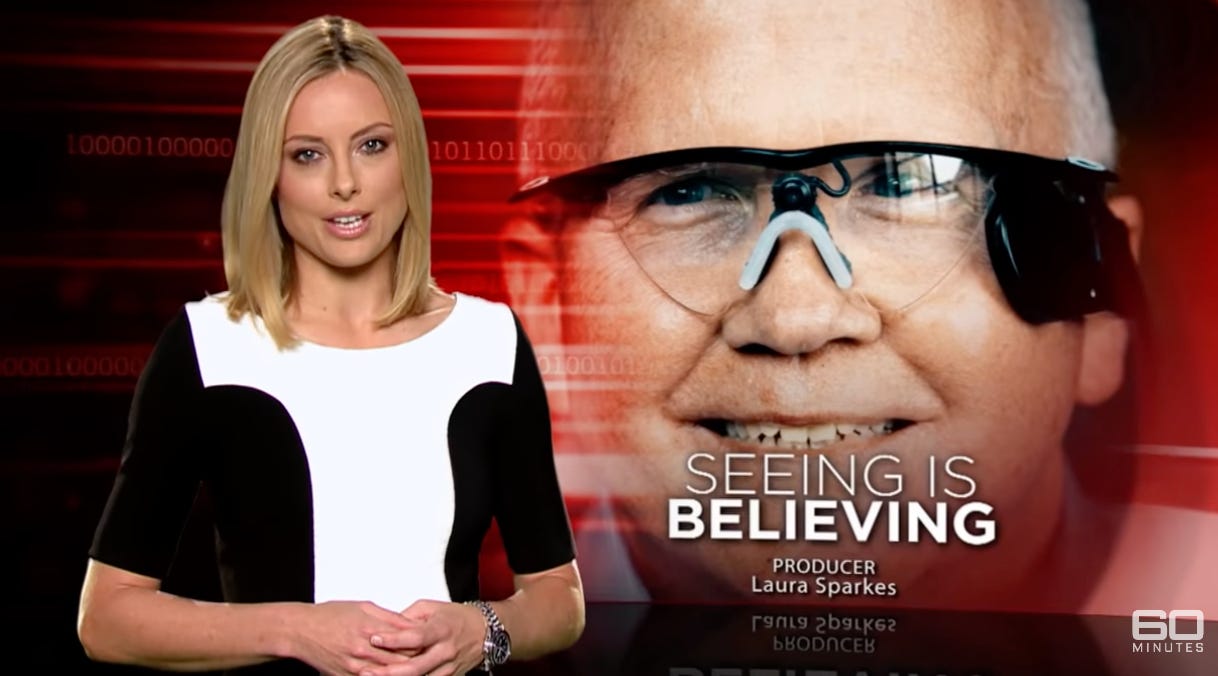
In 1992 Peter Drucker previewed a new era for Harvard Business Review. The future economy he spoke of in ‘The New Society of Organizations’ would grow around information over industrial output. The impact would be revolutionary. He said:
“Every few hundred years throughout Western history, a sharp transformation has occurred. In a matter of decades, society altogether rearranges itself – its worldview, its basic values, its social and political structures, its arts, its key institutions. Fifty years later a new world exists. And the people born into that world cannot even imagine the world in which their grandparents lived and into which their own parents were born. Our age is such a period of transformation.”
Drucker said governments would no longer be indispensable in the future. New information-based organizations would co-exist with nation-states. He saw a balance in power shifting to 'virtual states,' to places like Facebook.
These virtual states saw attention as a new commodity. It would be valuable as wheat, pork bellies, or crude oil. Taking intangible value further, in The Economics of Attention, Richard Lanham predicted the economic ground would not be information or even money. It would be our minds.
The manifestation of an attention economy was astonishing. AOL, the poster brand for Web1, topped all stocks tracked by The Wall Street Journal over a ten-year period. The Web2 + streaming era spawned FAANG stocks. They would generate a collective market value of $3.5 trillion — equal to the fifth-largest economy in the world.
The attention gold rush became an extraordinary period of economic and cultural change. Strategists like Drucker and Lanham employed a different vision to see it coming.
The Sunset
Thirty years since this economic theory became a reality, attention models are breaking. As Scott Rosenberg recently said in the “Sunset of the social network”
Mark last week as the end of the social networking era, which began with the rise of Friendster in 2003, shaped two decades of internet growth, and now closes with Facebook’s rollout of a sweeping TikTok-like redesign.
Earlier this year, Facebook's flagship network lost daily users for the first time. Its stock is down more than 50 percent over a twelve-month period. Snap has lost almost two-thirds of its value in 2022. Elon Musk has Twitter in purgatory.
Attention erosion is not limited to social media. Netflix lost 970,000 subscribers in the past quarter, its largest ever. Its stock tanked over 60 percent since January. Even spending on video games is significantly down. Without belaboring the point, something structurally material broke the attention bank.
The Non-Obvious Shift
As dominant digital players look to pivot, what comes next?
The ‘obvious’ answer is metaverse (and potentially Web3). Analysts project a total addressable market for metaverse companies at $8-10 trillion and 5 billion unique users. The global Web3 market size is projected to reach $81.5 billion by 2030.
Whether metaverse and/or Web3 plays out according to plan, venture investments and ‘trillion-dollar’ potential will move us to an experience-based Internet.
The non-obvious answer reflects something more abstract. Our collective vision and sensibilities are totally out of whack. We're immersed in unknowns, contradictions, and conflict.
We need a re-do of the attention-at-all-costs economy. The zeitgeist of the present/future is collective angst. More than entertainment or escape, we need anchors for emotional grounding.
Think about it. A sensemaking scarcity is draining us all. Mixed signals on the economy. Insurrection theater. Climate impact. Geopolitical re-alignment. Overturn of Roe v. Wade.
How can we make sense of a world in flux, a world that doesn't make sense to us?
As humans, we crave a sense of control. Discovering avenues to regain it, and to broaden our perspective, is a territory of extraordinary potential.
New seeing-eyes are all around us, helping us to make sense of knowns and unknowns. We are:
Expanding how we see the world.
Discovering trusted sources focused on transparency.
Finding guides for meaning and connection.
Forging new paths to spiritual rediscovery.
Seeing breakthrough discoveries that save lives.

The expanse of AI-assisted vision enhancement defies imagination. A space telescope just showed different ways how the universe works. AIs are uncovering previously hidden realities. Digital twins are delivering uncanny predictive power. In some cases, people are literally “seeing with new eyes."
All dimensions that give us grounding, our lines of sight into reality, are in transition. Media, religion, education, politics, and economics are being reimagined.
More than virtual worlds or blockchains, seeing-eye assistance has life-changing potential. We need guides to find comfort and promise in a chaotic world.






I think it's fairly widely assumed that this is all related to Apple's ATT (App Tracking and Transparency). eg Stratechery has written extensively about it.